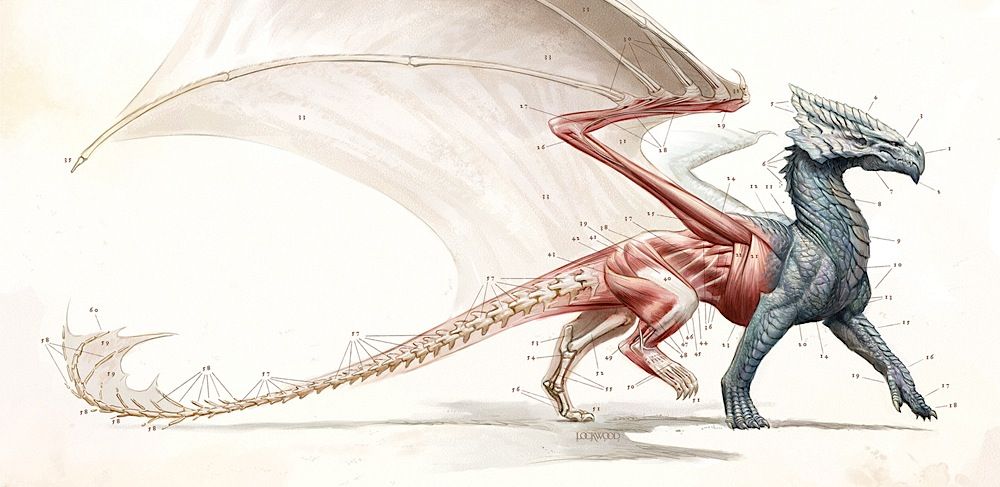The question is central in non-linear drama

I was speaking to a friend yesterday about a web concept he had that was going to consist of video and other multimedia. It had a main character and a number of concepts and ideas.
I started to think: in a usual narrative, the drama comes from the interaction between goal and obstacle – what a character wants and what they must overcome to attain it. In addition to an overarching and central goal/obstacle for a film, every scene is composed of many as well. A man is searching for love but is awkward. He tries to walk across a room but is drunk. Most goal/obstacle pairs conclude, and the way they conclude is usually the point of the piece. To use the two previous examples: 1) he learns that he is valued and that true love is waiting around the corner, and 2) he falls over and does not complete the task. Both of these things constitute the overarching statement an author is making about a goal/obstacle pair.
But in online media, there is often no resolution, because there is no end to the piece. Something that can be explored non-linearly can’t follow a dramatic arc in the same way. So what moves the drama forward?
A question. It can be a very subtle, very thematic question that never needs to be explicitly stated (what is this person like? is something wrong with this relationship?) to a more explicit question (what happened in this crime scene? what are the signs of chlamydia?)
The less linear a piece, the more you will have to rely on a question structure. Of course, you can maintain some aspect of linearity (individual videos or sub-stories) so the exact mix will be your decision. (Also note that video games fall on this same spectrum. Some are very linear, with a defined goal, even if there are multiple ways of getting there (Mario, for example.) Others are more about individual experiences, and others lie in between.
So how do you make something like this interesting when there’s no “what happens next?”
